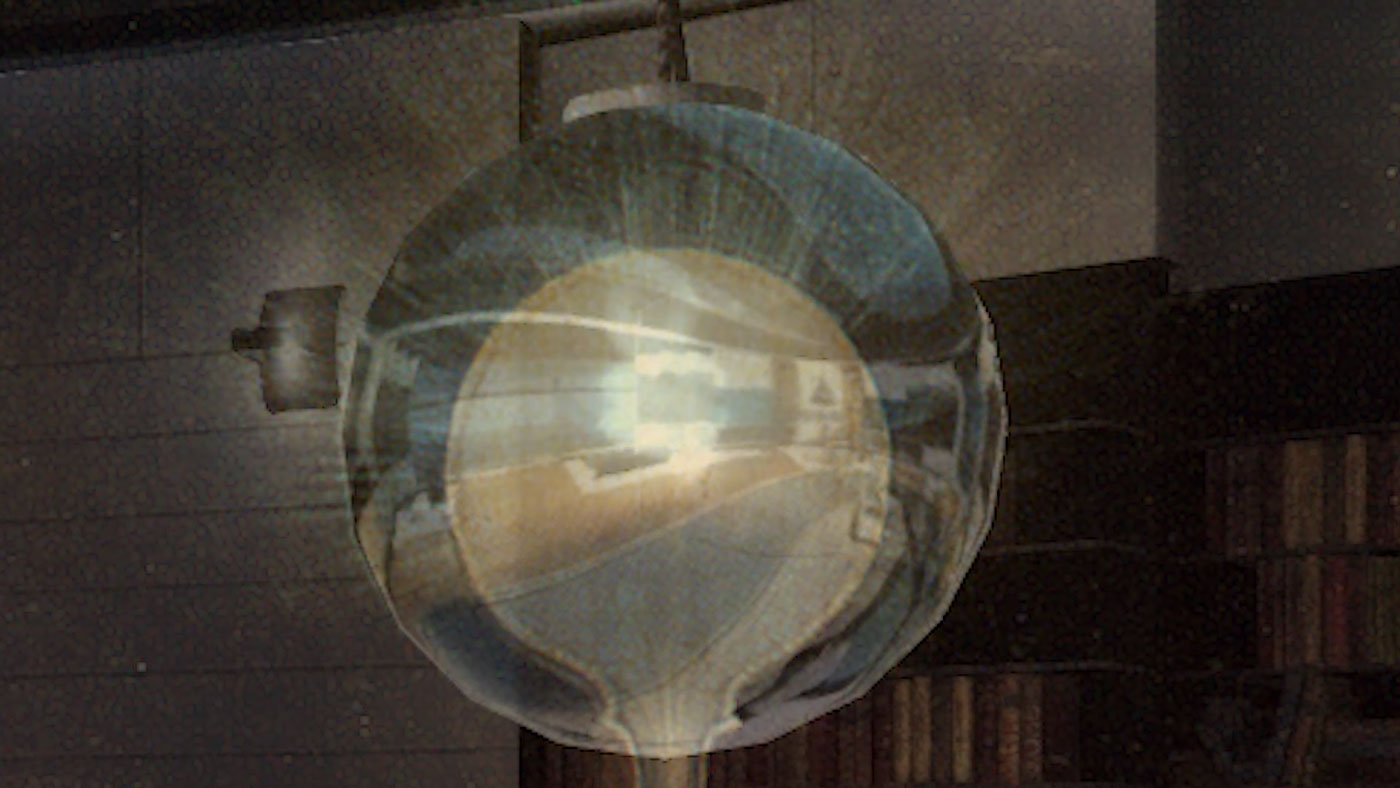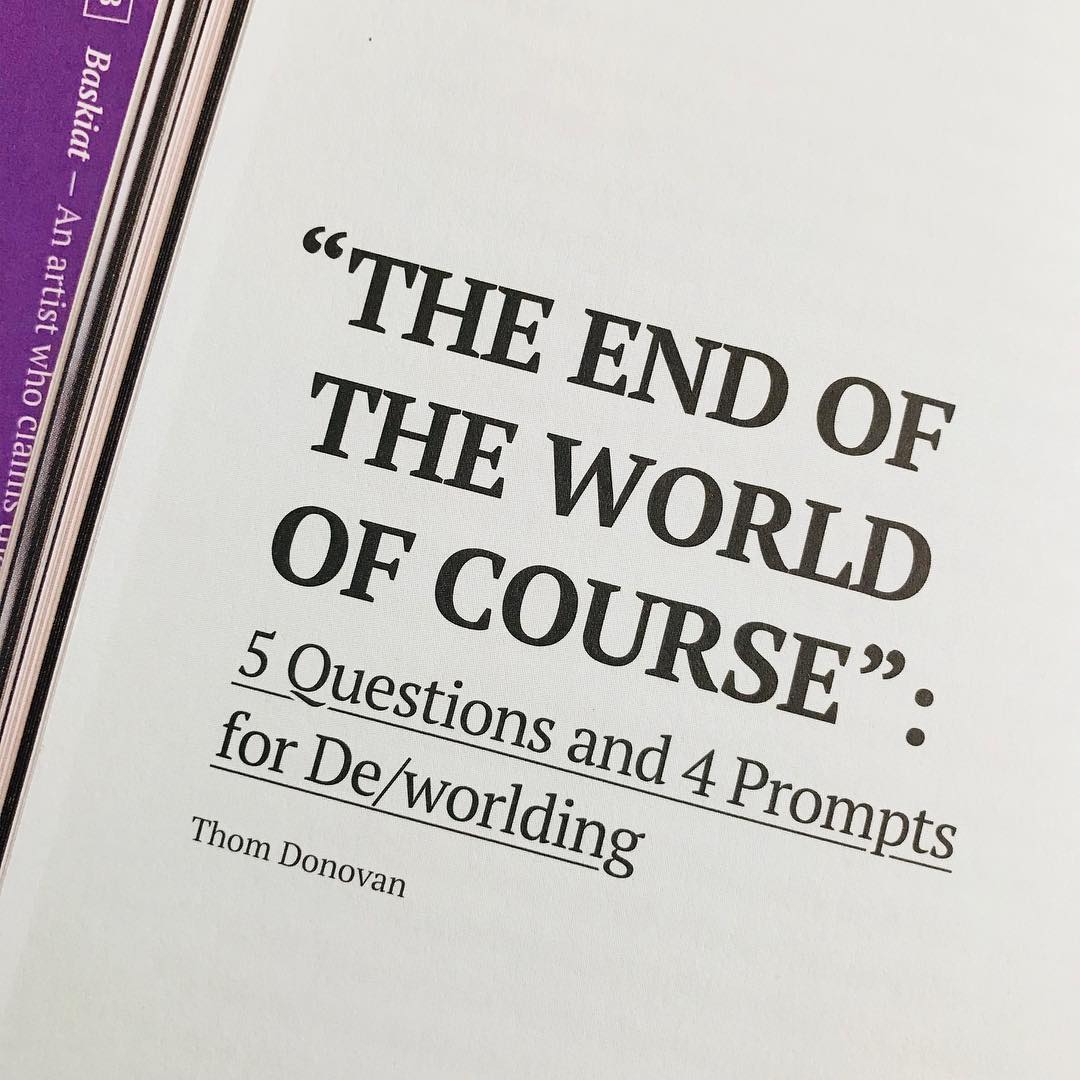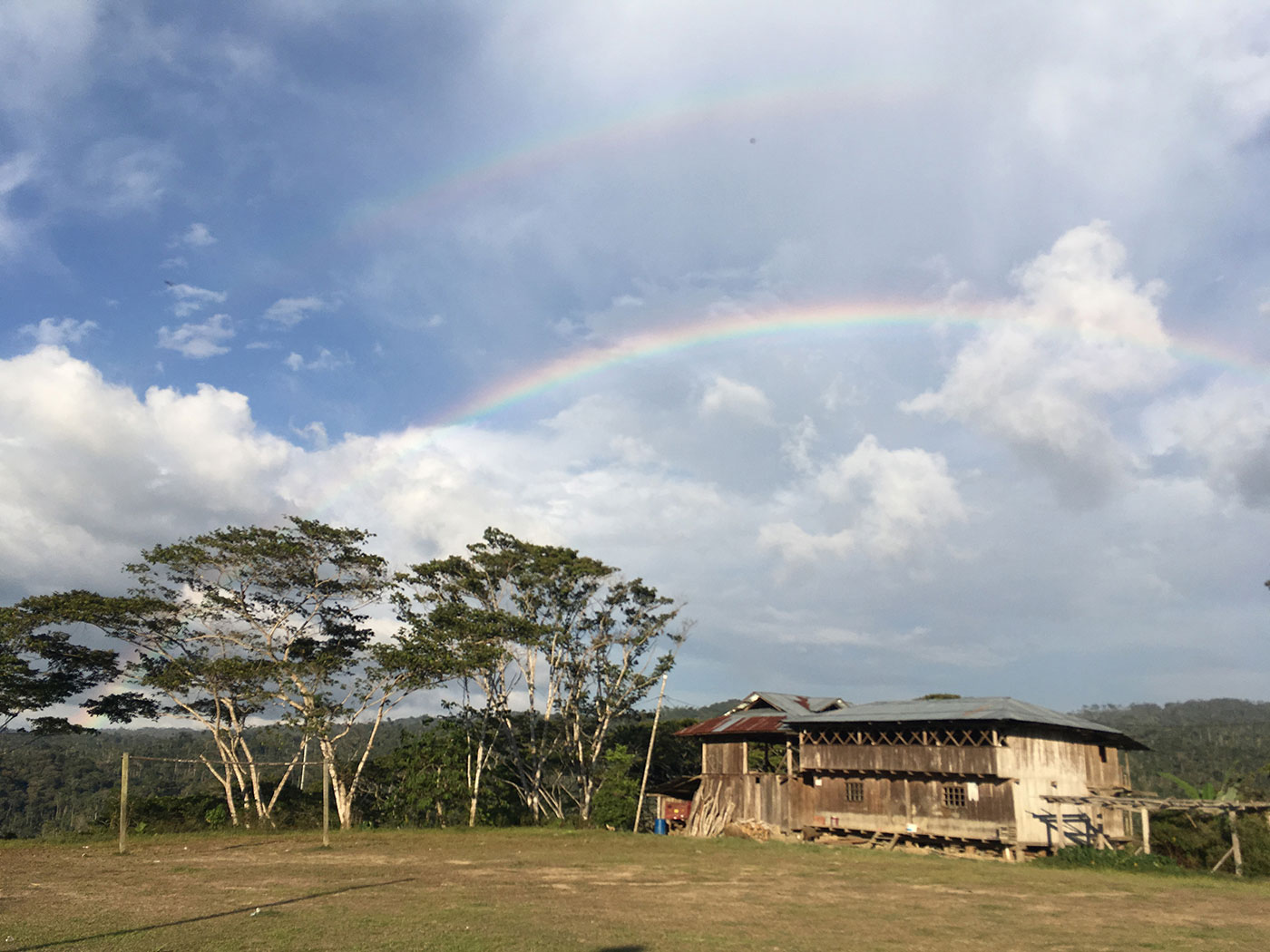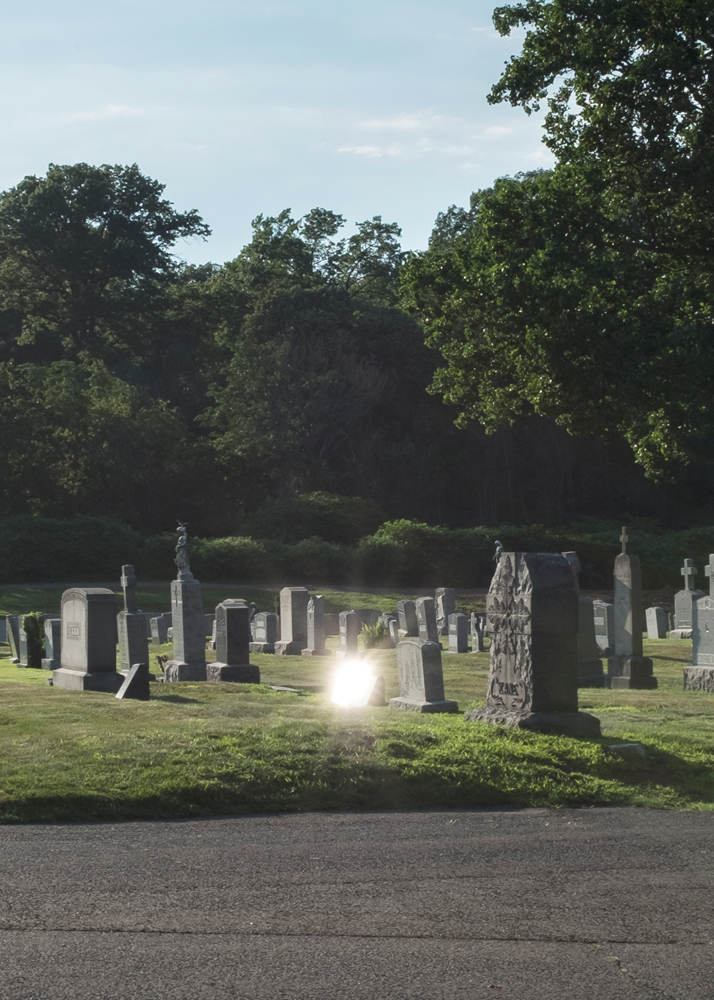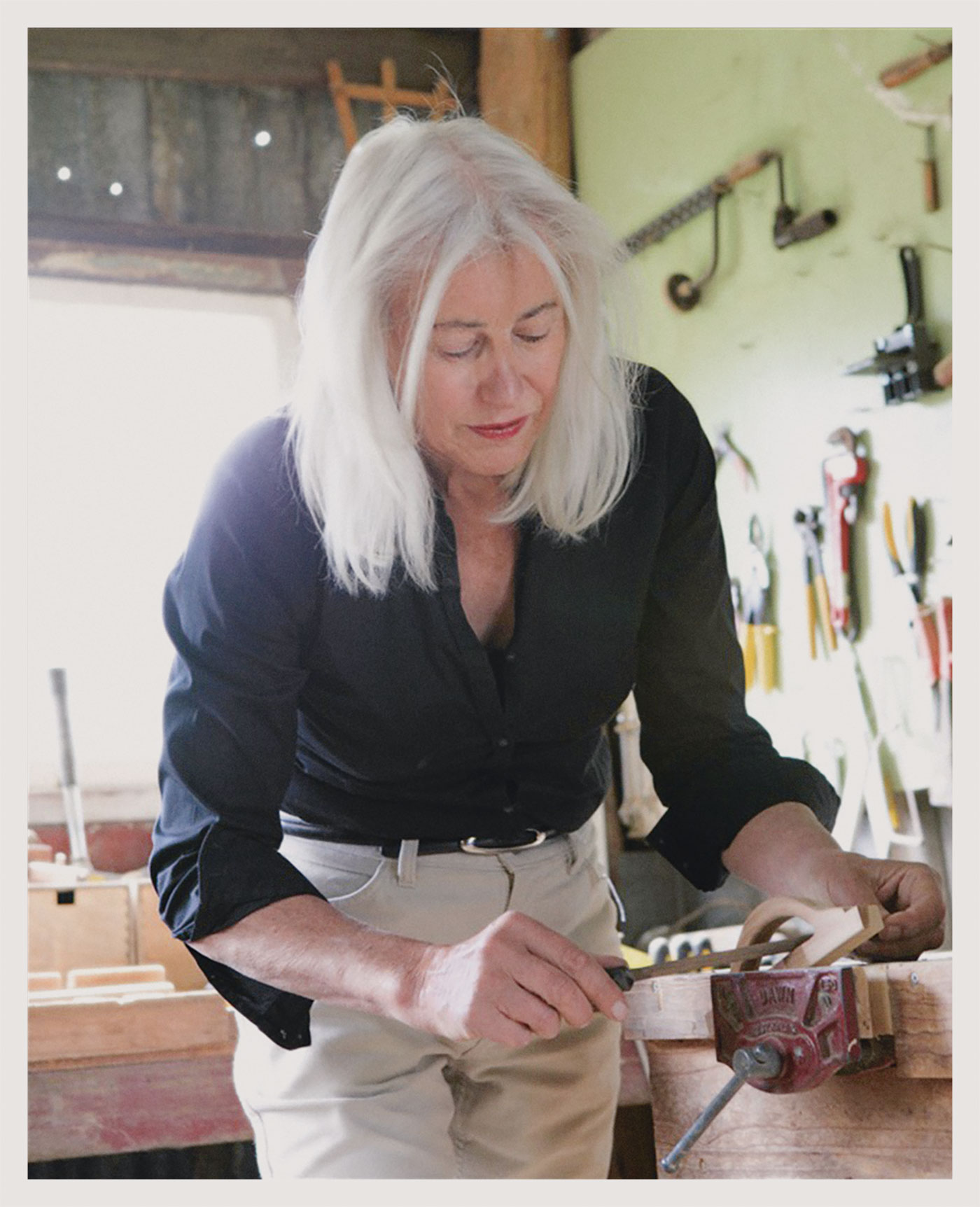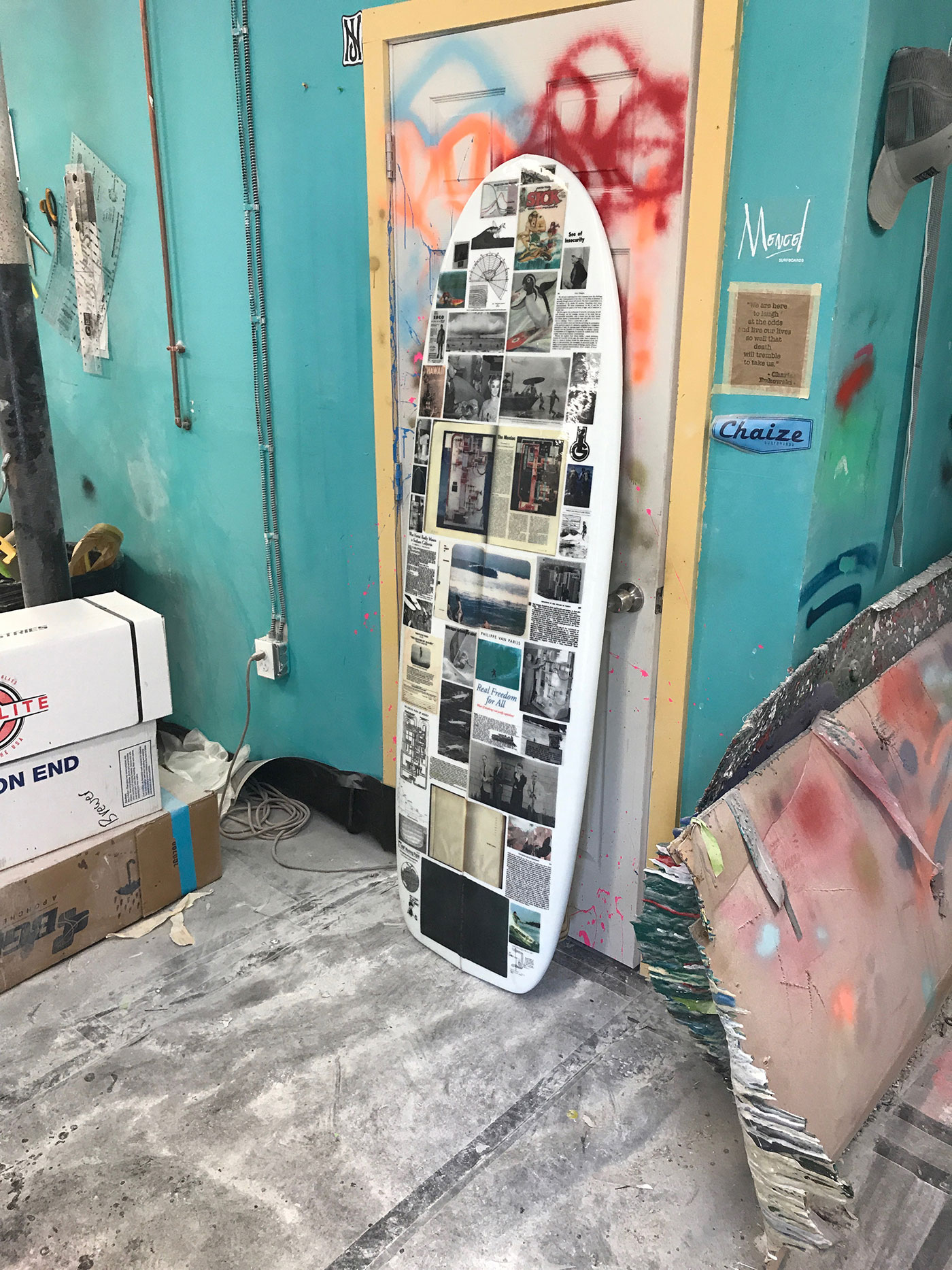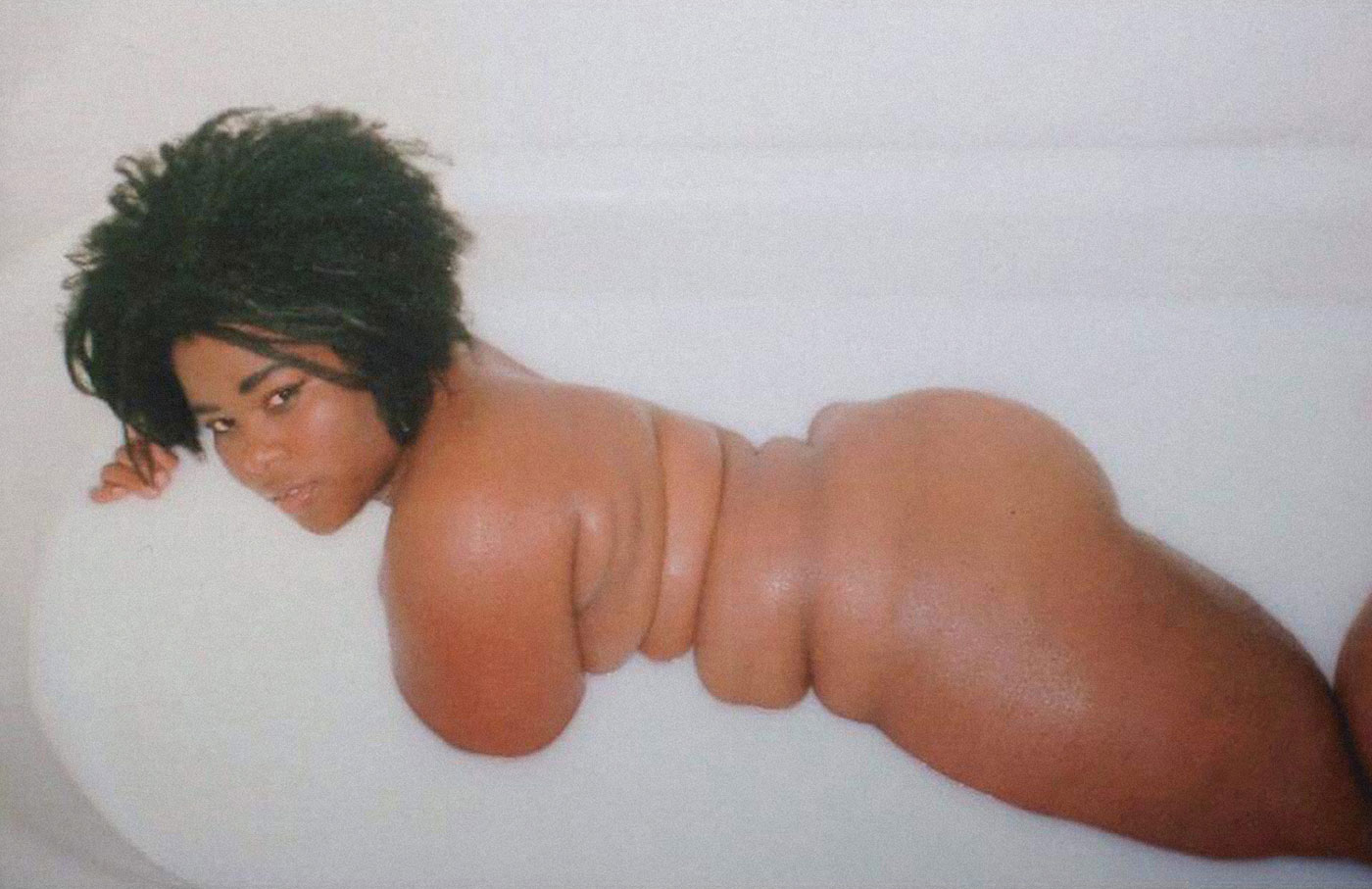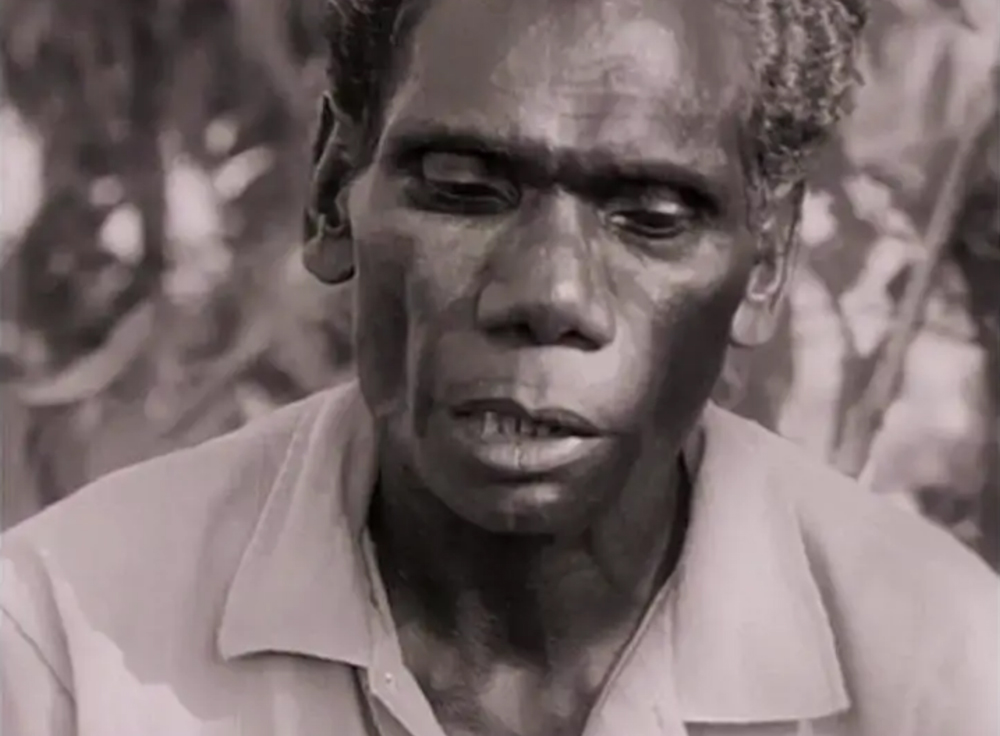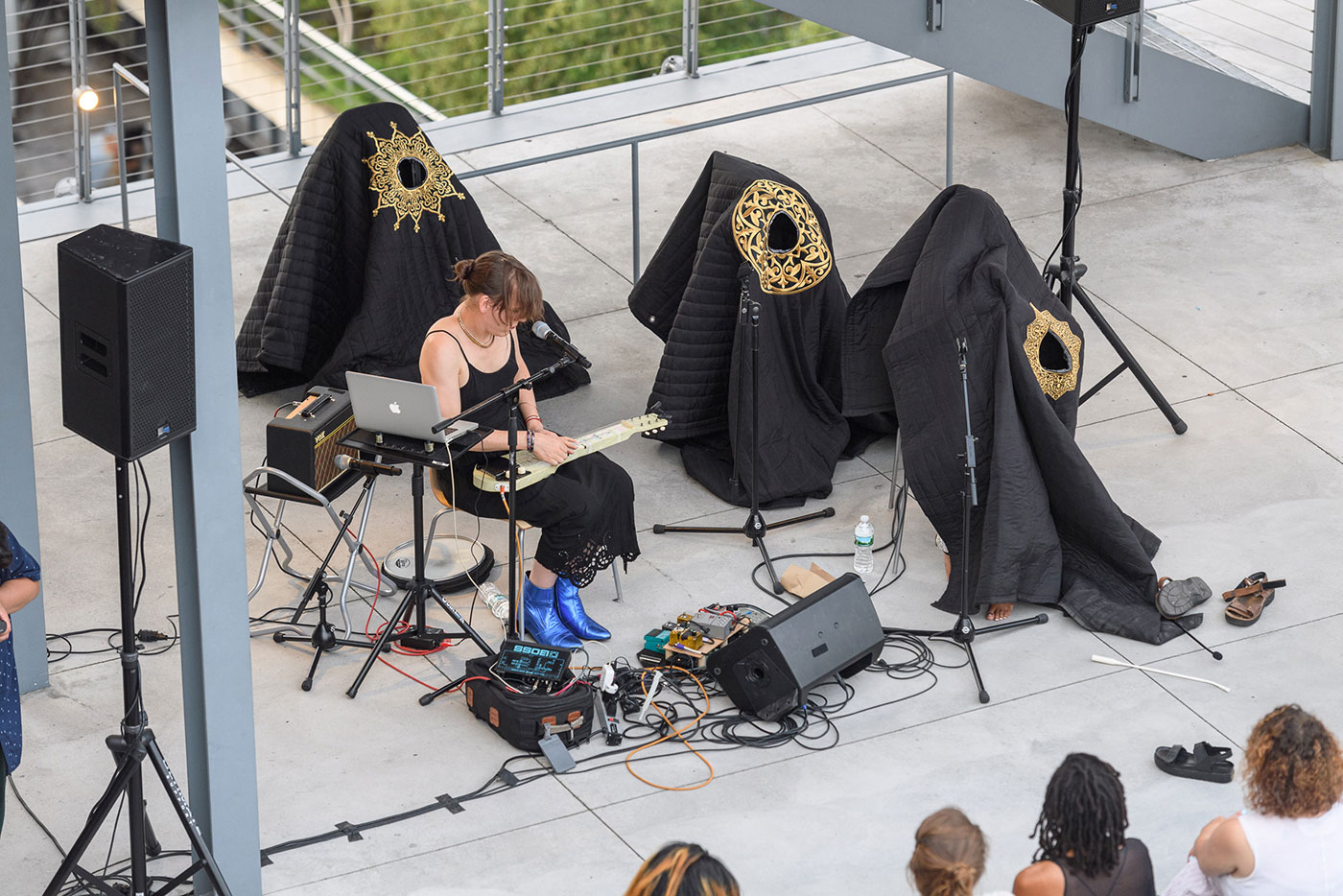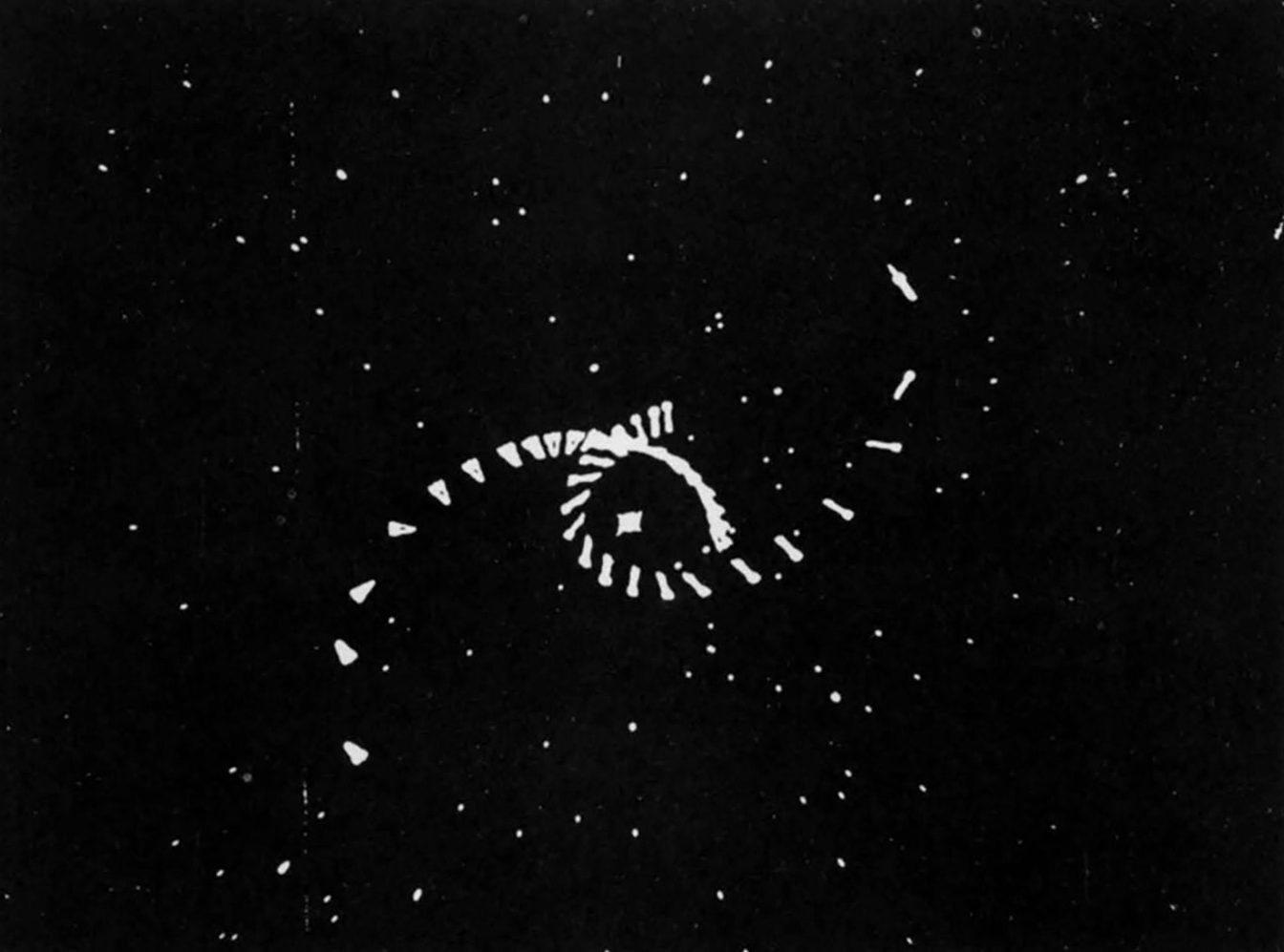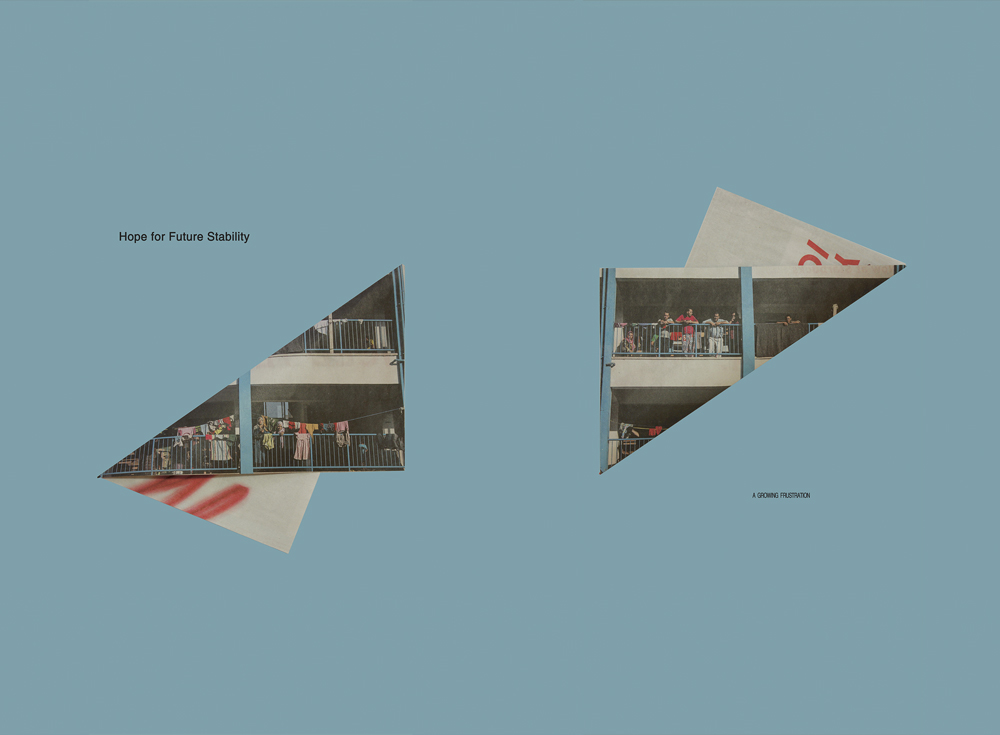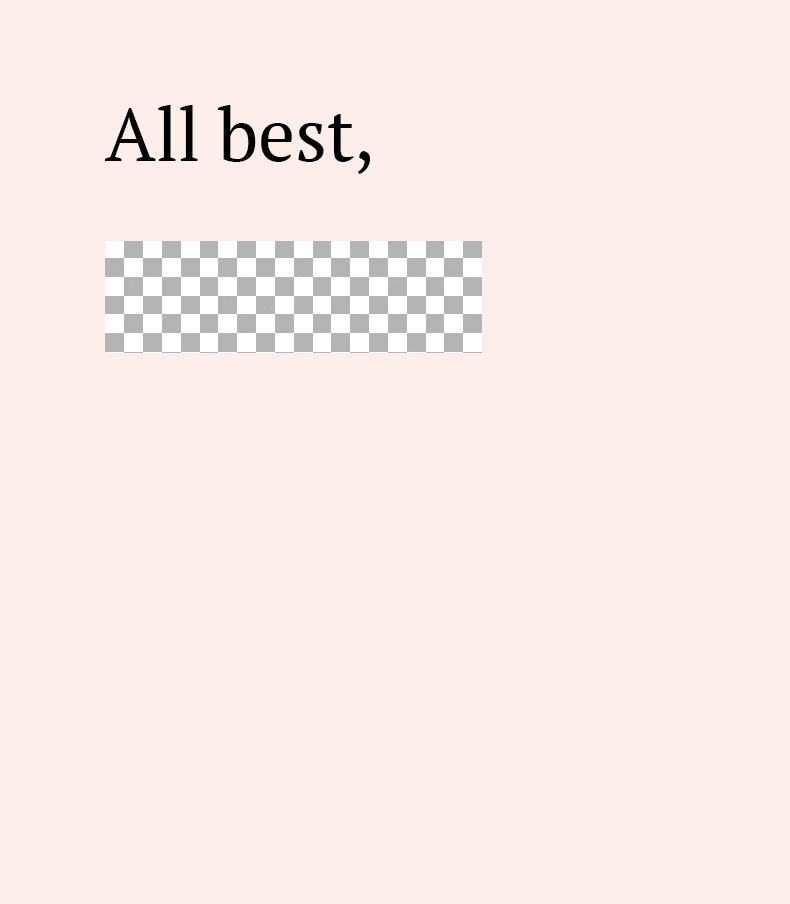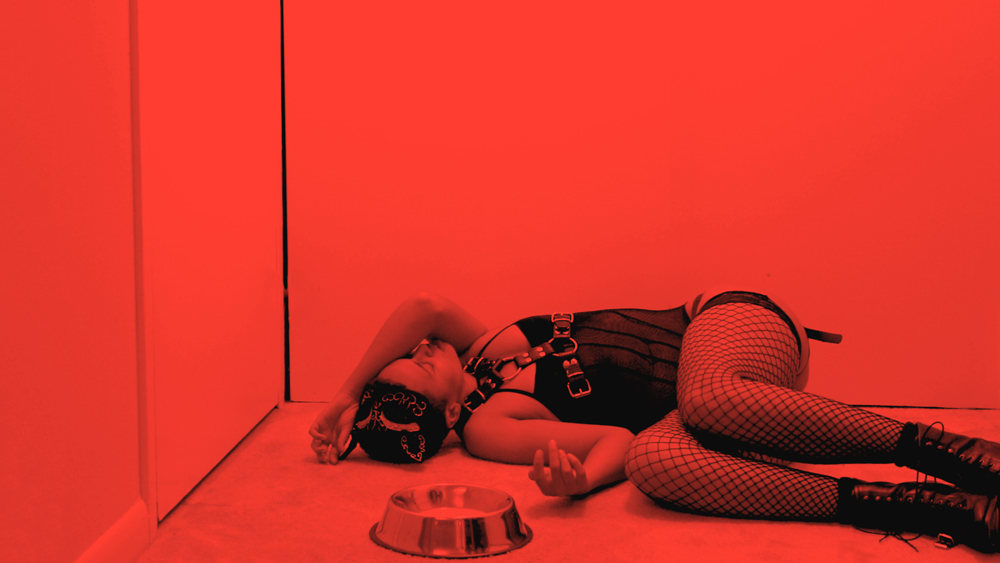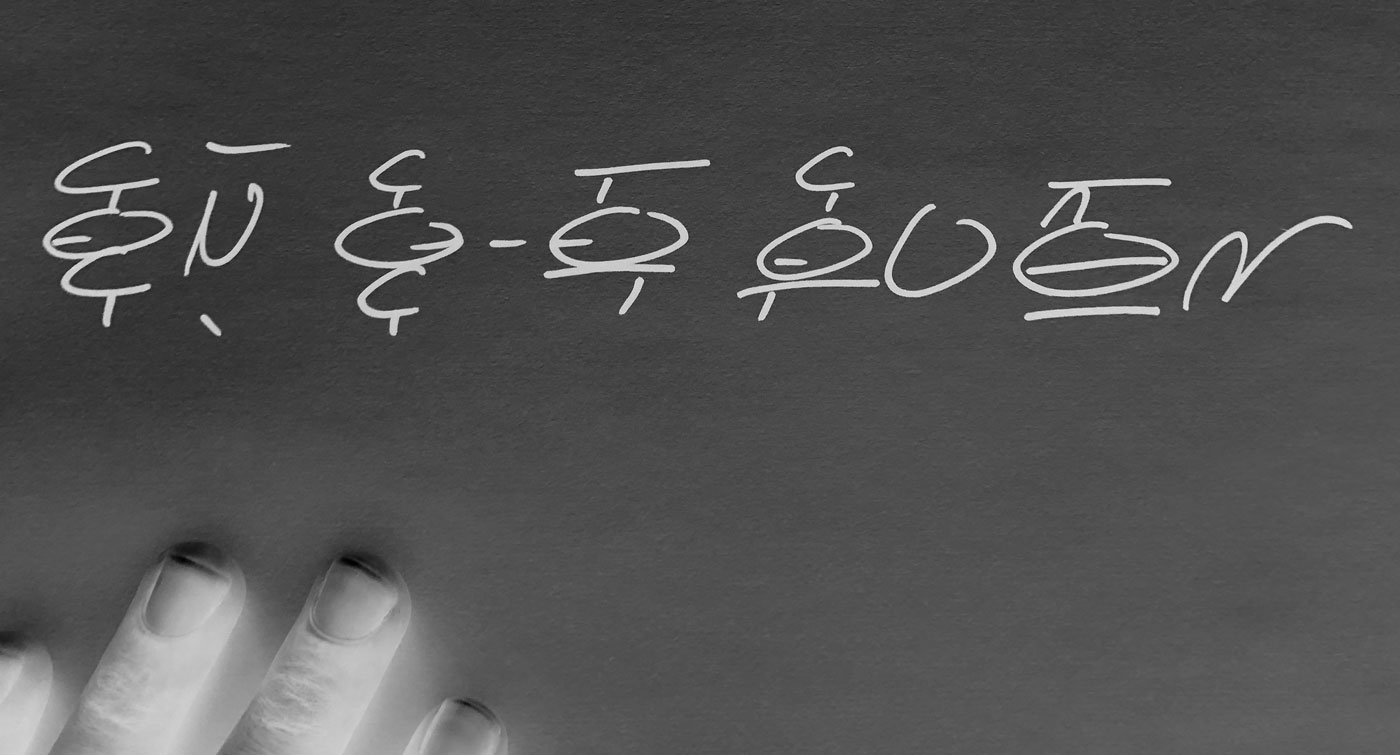Thank You for Thinking of Me
Correspondences 2014-2017
Jesse Darling
Hi --------
Sorry it’s taken me a while to get back to you.
At a certain point I began to resist what I privately refer to as the travelling discourse value creation circus, or the panel discussion industrial complex, for its prerogative to simultaneously erase and reify the personhood of artists as experts or figureheads of this or that idea, schematic or even - at worst - subjectivity. I was a very recent --- graduate when I did this interview, and already ---- years old; aside from the 1.5 years I spent at -------, I had no formal education and as yet no real practice. While I did the best I could with what I had back then, the content feels almost defensive, like I had to do a really good job of sounding like I knew what I was talking about. The worst thing is that people bought into it, and I found myself on a lot of panels for a while before figuring out that sitting alongside a bunch of ----------------- with PhDs would only make me look stupid - or that I was talking my truth to an audience of peers, with no more claim or inclination to the soapbox circuit than any one of them. While I am grateful for the support and platform I was given, I now wish to refuse the mode in which these platforms operate, and having done all my learning in public - often somewhat grossly and chaotically, picking up vocabulary along the way - I now feel it’s time to grow out of certain ideas, associations and practices. If one gives their consent [to publish] at a given time it should not be taken as read that this consent will continue indefinitely, as I hope you understand.
Thanks in advance for your understanding.
To whom it may concern,
Ive been thinking about it a lot and have decided I have to withdraw from the ----------------------. I don’t do this lightly and hope not to cause too much confusion and inconvenience.
I was grateful to be selected and could have made good use of the ---------- and ------ had I won. I am unequivocally in support of resources for ----------- practitioners of the arts. But I have been feeling increasingly uncomfortable about channelling those resources for myself. Despite having a --------------------------- and a ----------------------------, I feel nonetheless that I have had plenty of the opportunities afforded to ------------- and ---------------------- artists, while this may not be true in the same way for others.
Moreover I feel I cannot accept an award given to an artist based partially on their subject position since I have spent the best part of my career trying to speak against the tendency of art worlds to curate artists’ bodies rather than their work, and the way that artists’ bodies are deployed in the reading of one’s work, and the way that this grants an ableist, racist, misogynist and transphobic art mainstream the prerogative to dismiss or summarise entire lives and practices - while others are given space and time to signify in some imaginary white vacuum in which ideas are sovereign. Though I do not mean to suggest that --------- contributes in any way to this culture, I wish to practice this politics of protest and refusal in the sense of “putting my money where my mouth is” and in this sense it would be disingenuous for me to continue.
Yours respectfully, and with apologies,
------------
Hi ------------,
Thanks for sending your invitation.
Art fairs are not for artists but for the end user or buyer, and as such they represent the total commoditization of the artist’s labour; I understand them as a necessary evil as regards my own financial survival and the survival of the community that has supported me and my work (by which I mean -------------------). Art fairs are certainly not my favourite place to hang out voluntarily (even with VIP passes). As regards the staging of the art fair event as a sort of community space, a discourse (which I suspect will reiterate the same discourses around the digital that one has read in -----------, -----------, -------- et al and heard in panel discussions in London, Berlin and New York) centred around the IRL sale of nonvirtual objects for very real cash does not produce ‘community’ but rather a hierarchized, staged set of neoliberal labour relations in which some are getting paid money and others expected to get by on conviviality and ‘cultural capital.’
Plus, to be honest, I think of myself as an artist of nonvirtual media, and I don’t care if I never talk about ‘-------------’ again.
Thanks for reading, and sorry I have to refuse at this time.
Hi ------------,
Thanks for your mail. I read the essay on ------- and although I’m not an academic or political theorist, I have to admit that several things really bothered me. The first is that it doesn’t take a political theorist to understand --------- as fundamentally different to -------------------- - both from inception and in execution. Conversely, both -------- and -------------------- should also be seen in my opinion as fundamentally - or at least functionally -different to ------- and ------------. Collapsing these moments, or movements, into a field of ‘affect’ to examine dispassionately is .. in my view a violence. This dispassionate analysis of phenomena that are still ongoing - and lived by many, even if not by me or yourself or your colleague or anyone who might be in the room during the presentations - is also part of a cool violence, one might even call it an imperial violence, in which it seems desirable or necessary to distance one’s own body from the abstracted bodies of others. This is all I have to say on this matter, and regrettably it won’t fill a speaker’s slot.
All best,
------------
